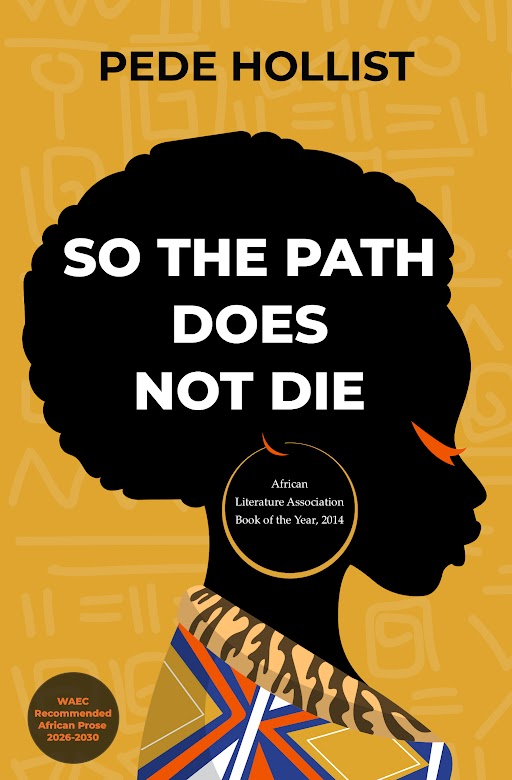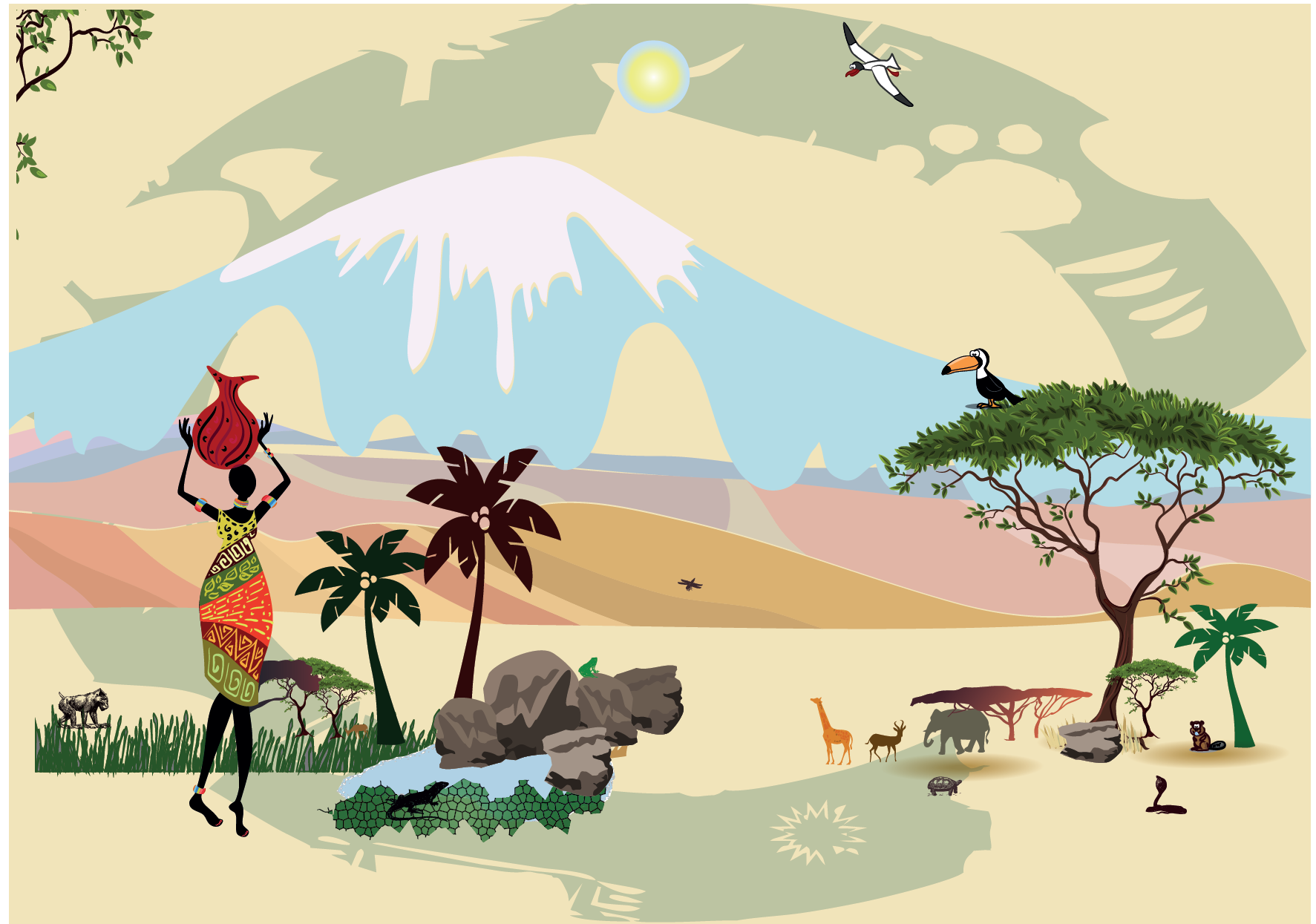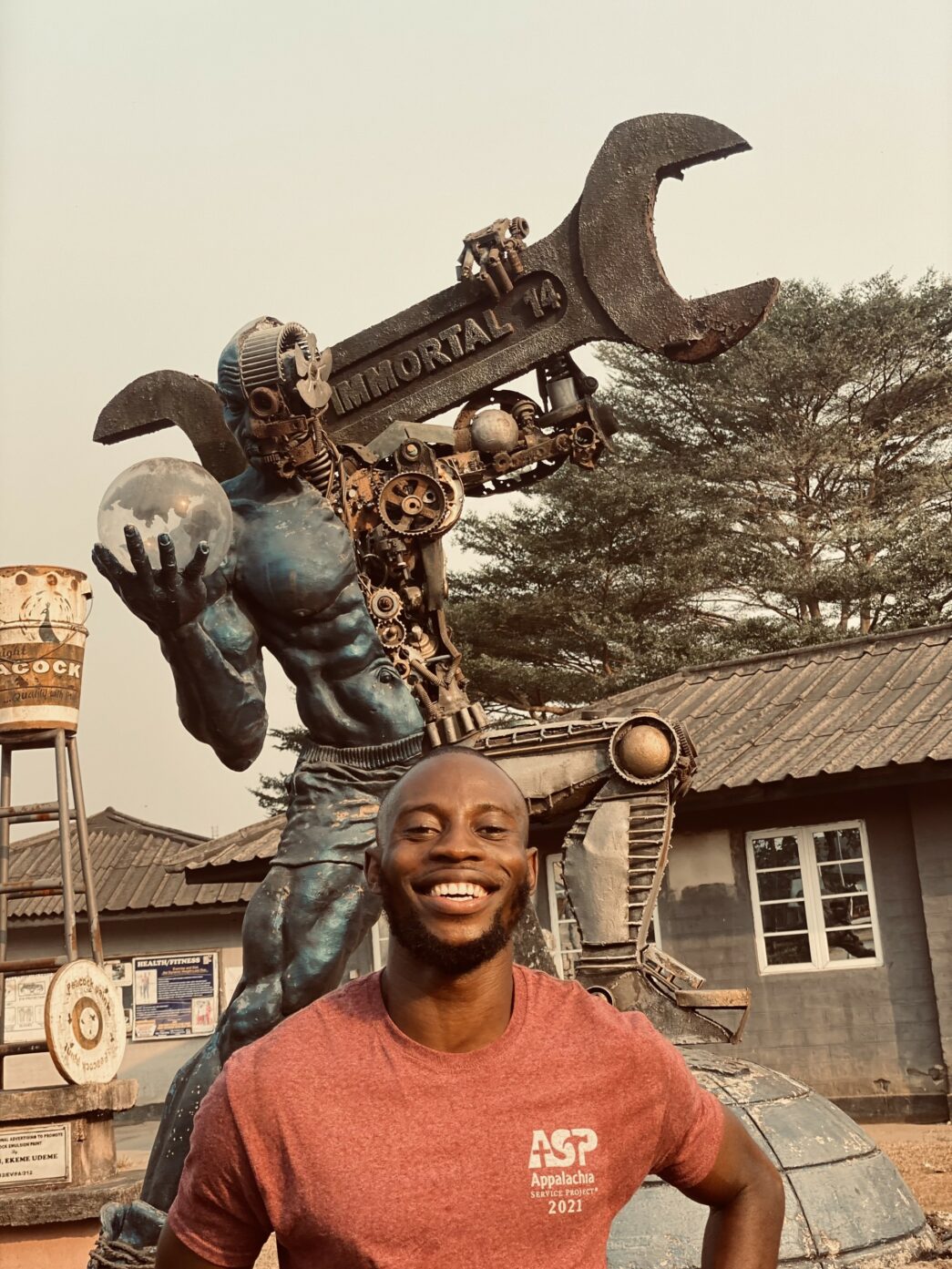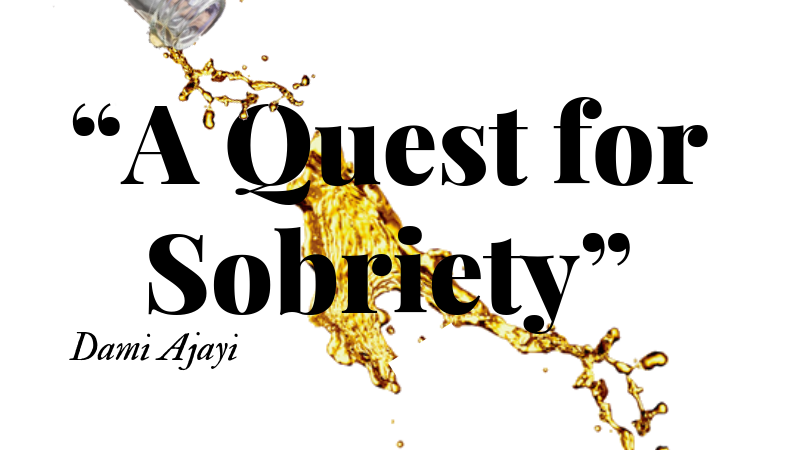|
Getting your Trinity Audio player ready...
|

***
“No one will like me, and no man will want to marry me, Baramusu,” Finaba lamented as she escorted her grandmother out of their compound. Her face stern, as if pondering weightier matters, Baramusu neither answered nor acknowledged the complaint.
“My age mates will never trust me. I will be the one who does not belong, who is not a woman. Why is Mama doing this to me?” She wiped the tears from her eyes.
“Do you know the story of Musudugu?” Baramusu stopped, faced her granddaughter, and waited for her answer.
“No.” Finaba pouted, irritated and surprised at the sudden change in topic.
Baramusu walked over to the forest side of the path and eased herself onto the bulging arteries of a baobab tree.
“Come here, and let me tell you.” Finaba sat down beside her grandmother. “Your mother sends you to si-kool to learn the white man’s stories, but she does not tell you ours, the ones that make us women.” She shot a sliver of reddish-brown saliva into the ground and cleared her throat. “Far away and long ago…,” Baramusu began. Ten minutes later, when she came to Kumba Kargbo’s lament, Baramusu stood up, extended her arms, pulled Finaba up, and started singing.
Waiyooooo, mal soey ar’ tiyan
Atalaaaaaa, ama felah n’bara min keh n’na la
Waiyo N’Na, yo N’Na, yo N’Na
Grandmother and granddaughter sang and danced together as the Forest looked on. After several repetitions of their jig, Baramusu stopped, a little out of breath. She placed her hands on Finaba’s shoulders and stared at the child.
“You are not a drifter and troublemaker like Kumba Kargbo. The knowledge and spirit of our people lie deep inside you. The night before you were born, the ancestors appeared to me and said they sent one of their own to show our people the way because we had strayed from the path. I told your father and mother, and they agreed we should call you Finaba, the storyteller.”
“I am a yeliba!” Finaba glowed with pride.
“More than that. You must be a leader now. Show the way.”
Hand in hand, grandmother and granddaughter strolled away from the baobab tree.
“Do you know why we tie rope all over the rice farm?” Baramusu asked.
“To scare away the birds that want to eat the rice crop,” Finaba giggled, surprised Baramusu asked a question with such an obvious answer.
“Right, and how do we do that?”
“By pulling the big ropes tied to the little ones. They make a loud noise that scares away the birds.”
“And that is why we say life is like the bird-scaring rope. The big and little ropes work together to protect the farm from the birds.”
Baramusu halted their stroll, stooped so that she breathed her words directly into her granddaughter’s face. “Remember this: life is when people work together. Alone you are just an animal. So, do not cut the rope. Do you hear me? Never cut the rope!”
“Yes, Baramusu.”
The grandmother reached into her bag and handed Finaba two stalks of sugar cane. The granddaughter beamed.
They reached the edge of the village, which was as far as Finaba was allowed to walk after sundown. Behind them, the huts and storage areas lay in the dim ambiance of hurricane lamps and candles. Ahead, the Forest scowled at the two humans.
“Are you not afraid to walk alone in there?”
“No! I am afraid for you and the future of our village,” Baramusu said and ruffled Finaba’s hair. She then turned and disappeared into the forest.
***
So the Path Does Not Die is available for purchase here: Narrative Landscape.
About the book: Long after Fina has left Sierra Leone for America, memories of a broken initiation still haunt her. She longs to return, to find her grandmother and right the path that has been set for young girls centuries past. Her journey from the streets of Freetown to Washington echoes with the tensions, ambiguities, and fragmentation of the diaspora. Fina’s inner turmoil and feelings of ‘otherness’ persist as she travels further from home. Ultimately, the broken path of her childhood brings Fina back to Sierra Leone, to a life she had never imagined for herself. So the Path Does Not Die is a tender and gently observed novel exploring attitudes towards female circumcision from an exciting voice in African literature. The novel is on WAEC’s list of recommended Literature-in-English texts (African prose) for 2026-2030.
About the author: Pede Hollist is a Professor of English at the University of Tampa and an award-winning fiction writer. His credits include So the Path Does Not Die, named the 2014 African Literature Association Creative Book of the Year; “Wherever Something Stands, Something Else Must Stand Beside It,” named 2023 African Literature Association Best Short Story; “Foreign Aid,” shortlisted for the 2013 Caine Prize and published in A Memory This Size and Other Stories; and “The Tale of the Three Water Carriers,” longlisted for the 2015 Short Story Day competition and anthologised in Water: New Short Fiction from Africa. His other short stories have been published in Ake Review, Matatu, and The Price and Other Stories from Sierra Leone.










